Iran committed to Safeguards Agreement no more no less, says envoy
Iran’s permanent representative to Vienna-based international organizations has reminded the International Atomic Energy Agency (IAEA) that the country is only committed to honor its obligations under the Comprehensive Safeguards Agreements (CSA).
Kazem Gharibabadi made the remarks on Friday after the UN nuclear agency demanded “an immediate response” from Iran on whether it would extend a monitoring deal that expired overnight.
The IAEA’s statement summarized a report by its chief Rafael Grossi to the Agency’s Board of Governors.
Back in February, Iran stopped the voluntary implementation of the Additional Protocol to the Non-Proliferation Treaty (NPT) Safeguards Treaty, which stipulates enhanced access to nuclear sites and snap inspections by the IAEA.
The halt came under the Strategic Action Plan to Counter Sanctions, a law passed in December 2020 by the Iranian Parliament, and adds to Iran’s previous steps away from the 2015 nuclear deal in response to the US’s unilateral withdrawal in 2018 and the other parties’ failure to fulfill their commitments.
At that time, the IAEA and the Atomic Energy Organization of Iran (AEOI) reached a temporary bilateral technical understanding, under which the latter would continue to use cameras to record information at its nuclear sites for three months, but it would retain the information exclusively. If the US sanctions were lifted completely within that period in a verifiable manner, Tehran would provide the footage information to the UN nuclear watchdog, otherwise it would be deleted forever.
The understanding expired in May amid diplomatic efforts in Vienna, Austria, to revive the 2015 nuclear deal, known as the Joint Comprehensive Plan of Action (JCPOA).
Iran and the IAEA agreed to extend the understanding for a further month until June 24 allowing the agency to continue necessary verification and monitoring work in the country.
Gharibabadi said, “Data recording was a political decision by Iran to facilitate, including, the political talks and to help its success and shouldn't be considered as obligation in relation with the Agency.”
“Since Iran is continuing the implementation of its CSA, continuation or discontinuation of recording has nothing to do with Iran’s safeguards obligations. Undoubtedly, any decision to be taken by Iran in this regard, would only be based on its political considerations, and the Agency cannot, and should not, consider it as something it was entitled to,” he added.
The Iranian envoy also criticized Grossi for reporting to members of the IAEA’s Board of Governors, saying that the Agency has no obligation to report on the expired joint understanding as well as data recording.
“What Iran is committed to fulfill are obligations under Safeguards Agreement, no more or less,” he stressed.
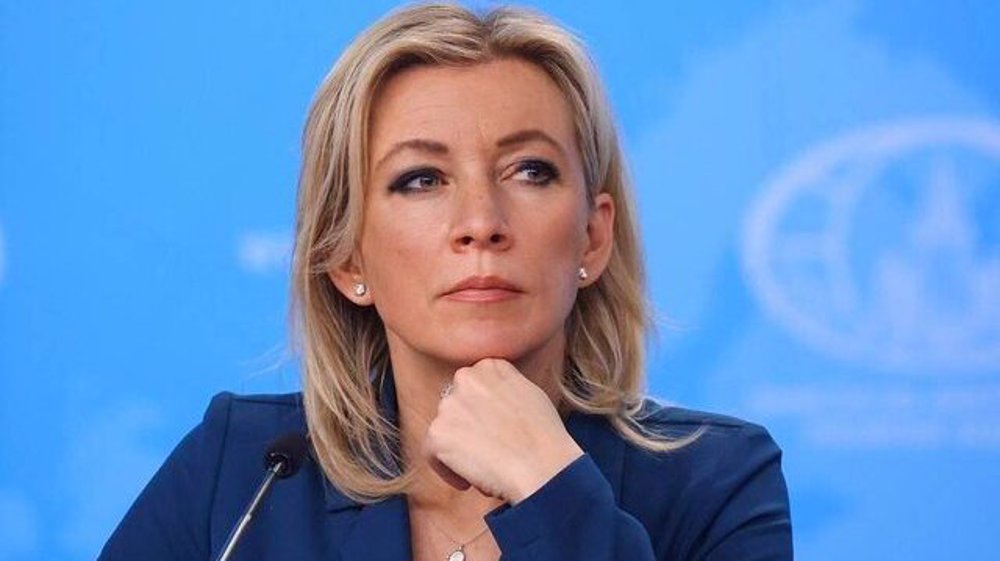
Russia: Unilateral US sanctions against Iran illegitimate, illegal
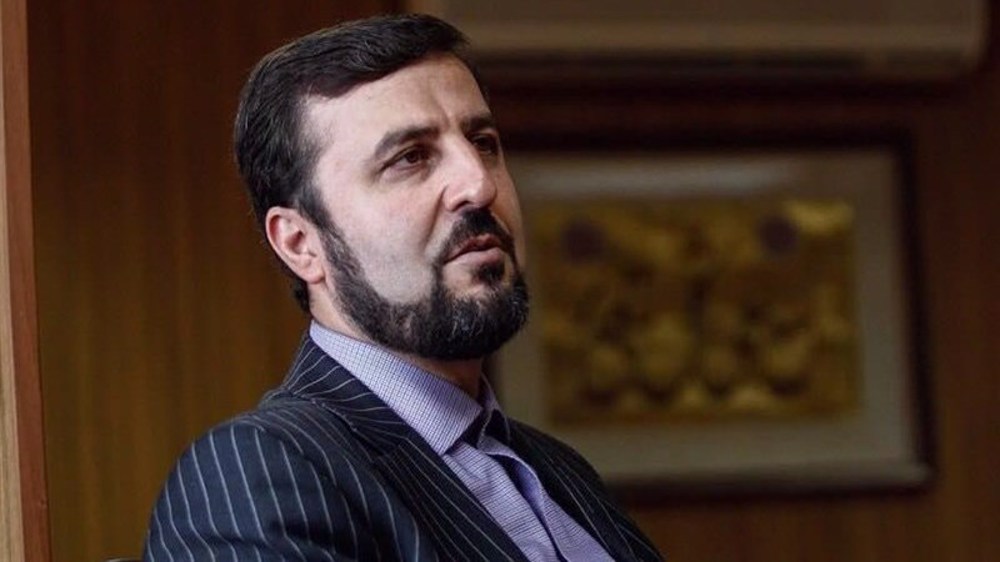
Senior official: Iran likely to hold meeting with European troika
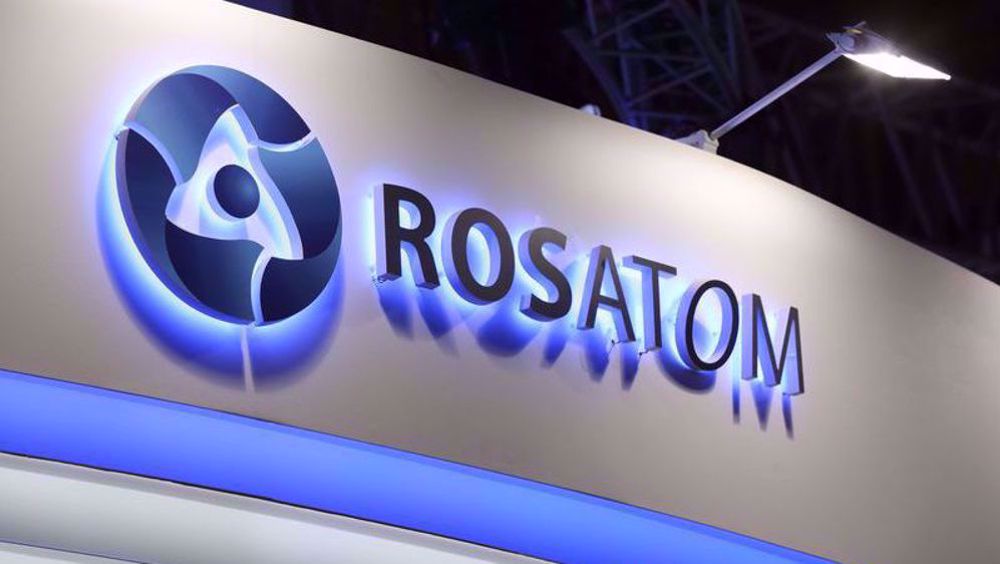
Russia’s Rosatom in ‘large-scale’ talks with Iran to build another power plant: CEO
VIDEO | Press TV's news headlines
Longest held Palestinian prisoner released by Israel
Iran condemns Israel’s military threats
VIDEO | Pakistan, Iran strengthen trade ties with $10 billion target
VIDEO | What conditions faced by Palestinian prisoners?
Israel carried out mass killing of own people under ‘Hannibal Directive’: Military probe
VIDEO | Telecommunications down in Gaza due to Israeli curbs delaying repairs
Egypt: Hamas-Israel negotiations on next phase of ceasefire begin


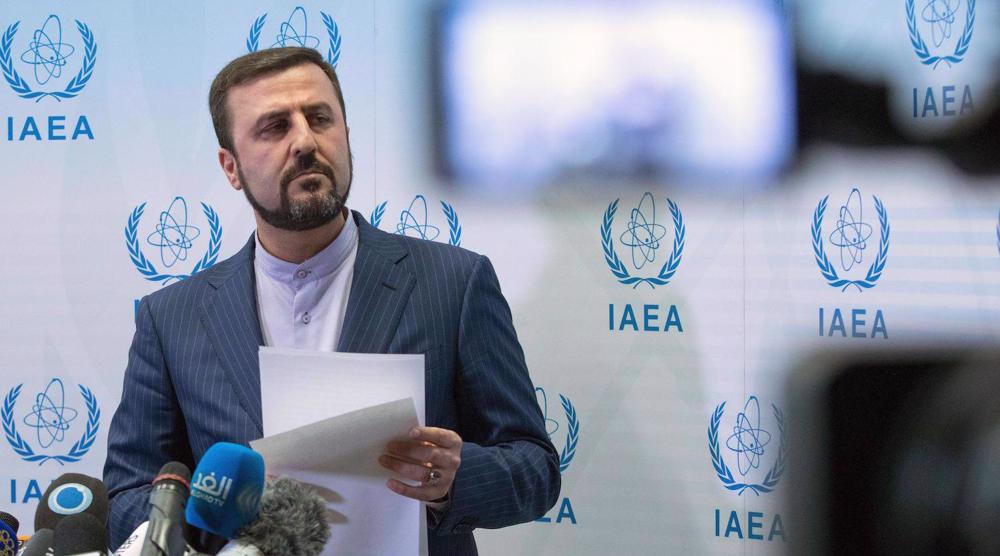
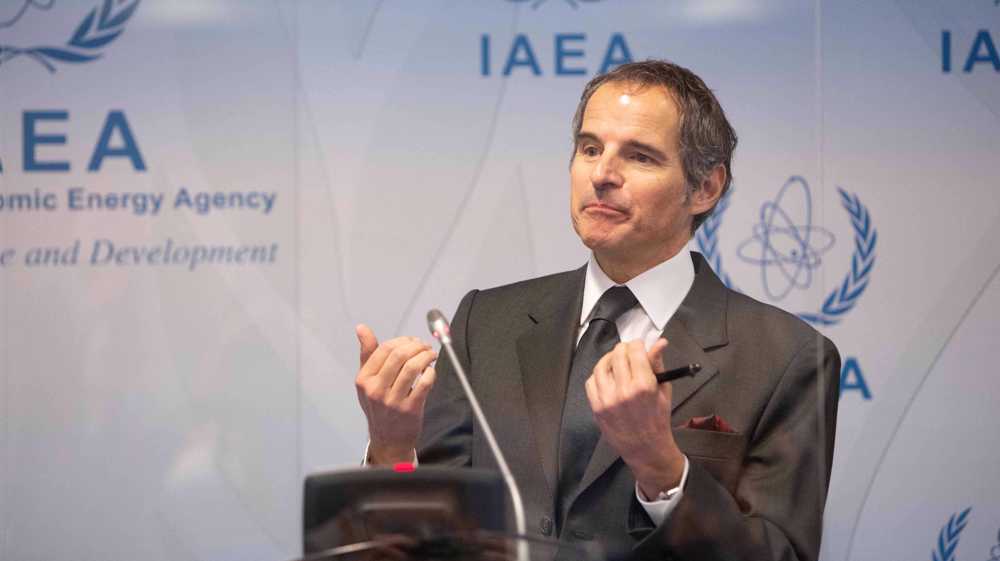



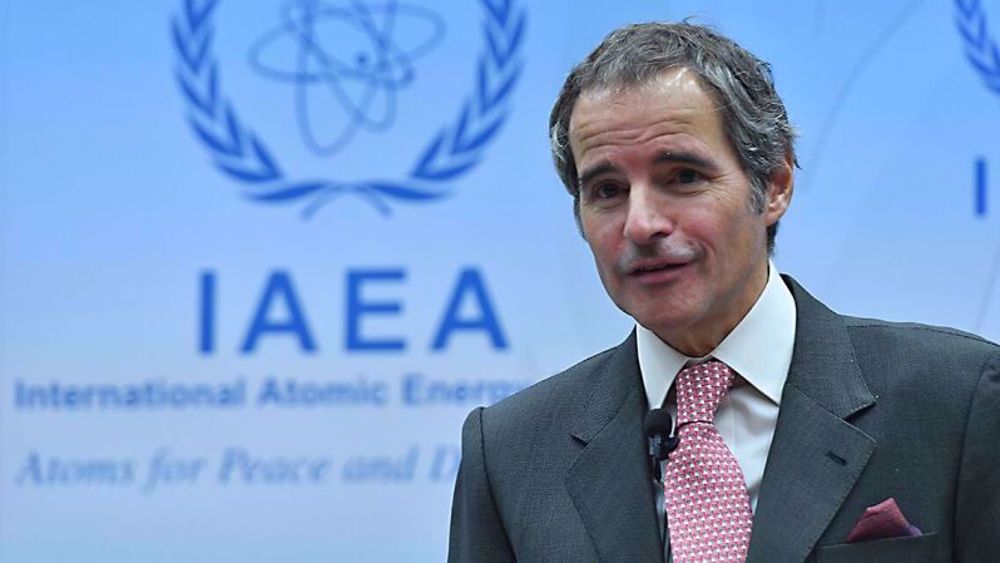
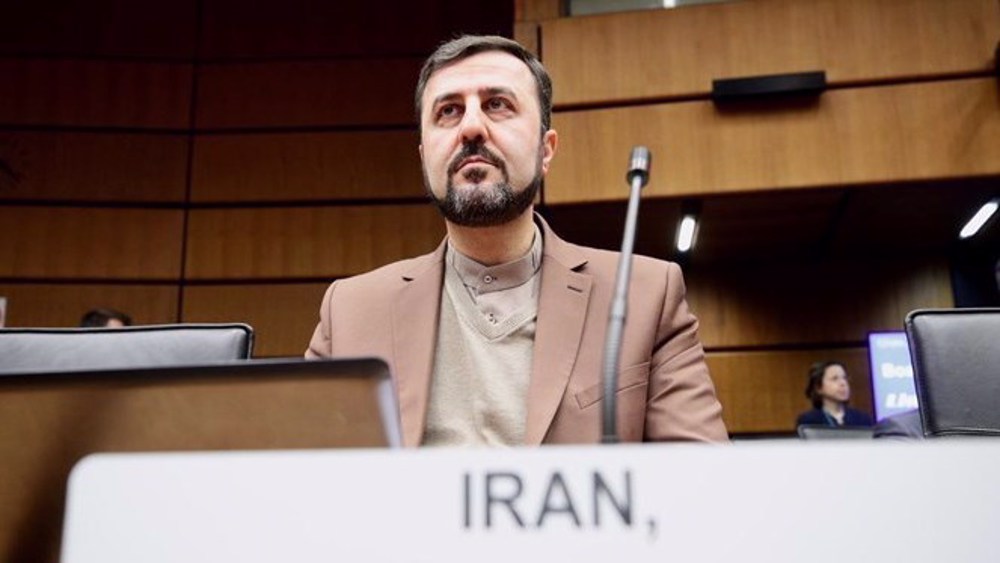
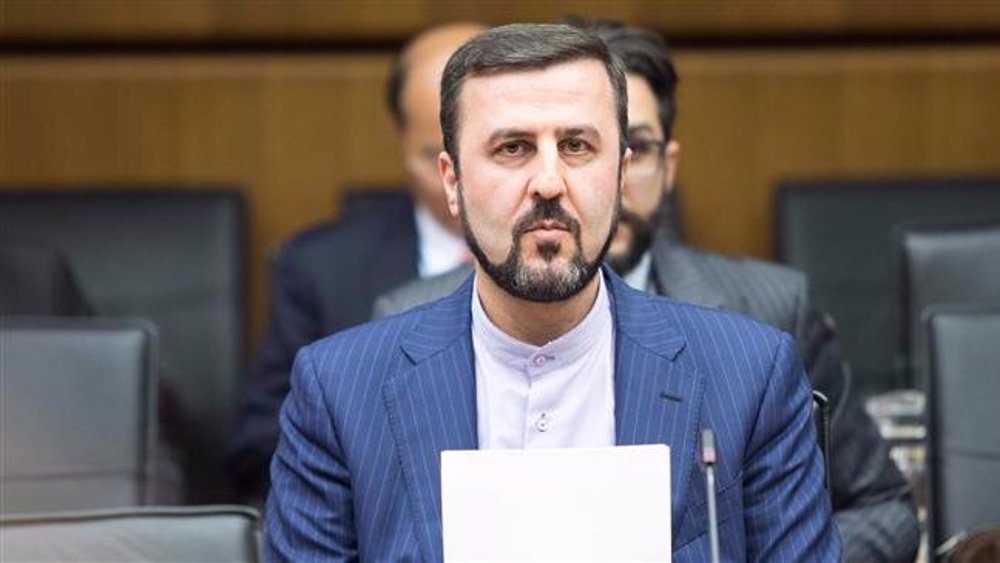
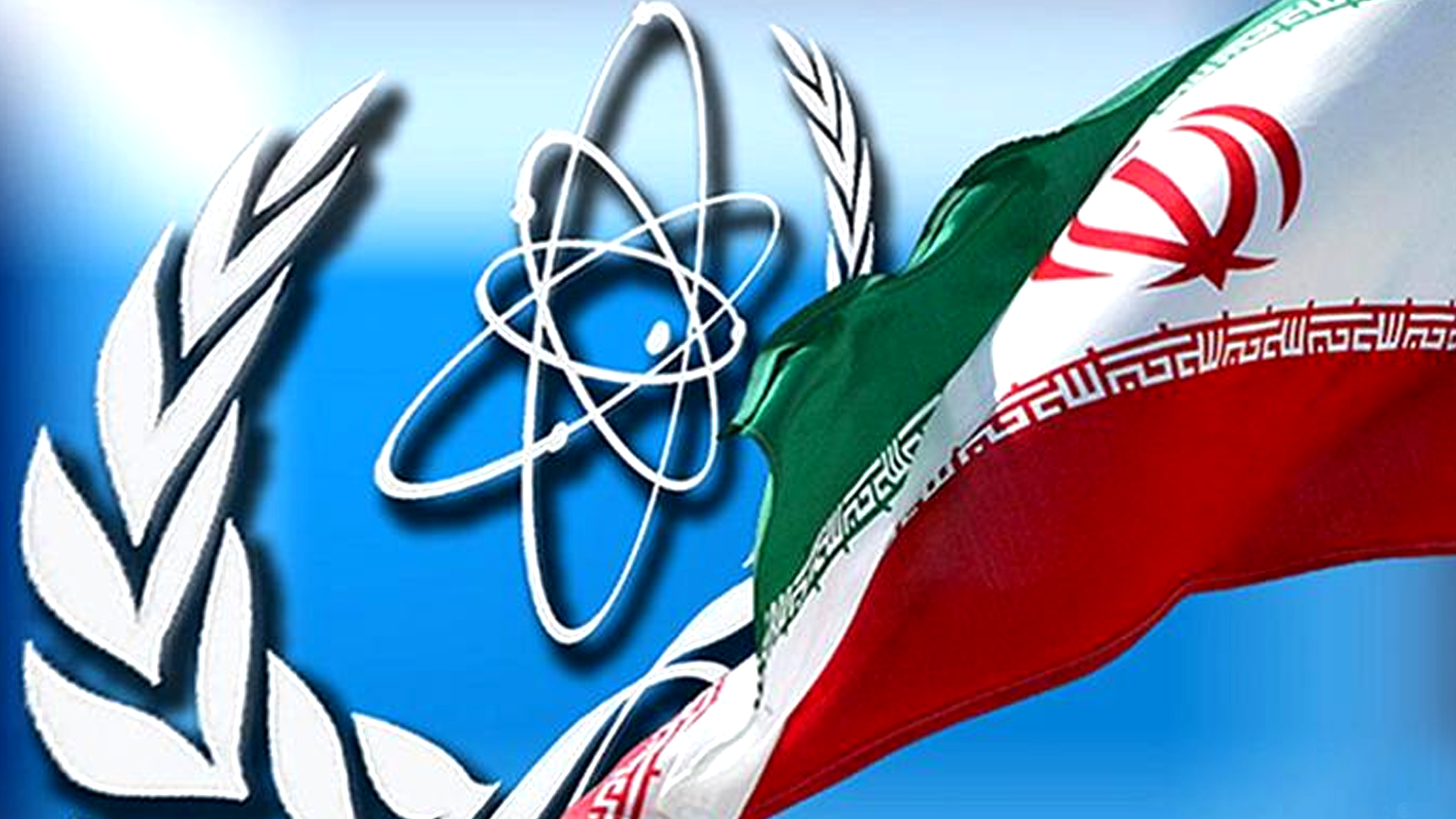
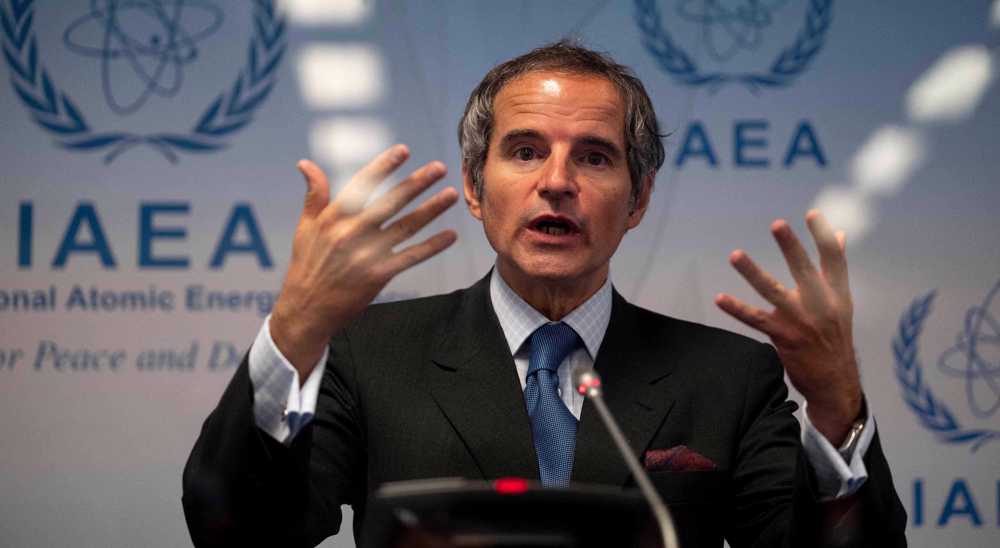

 This makes it easy to access the Press TV website
This makes it easy to access the Press TV website